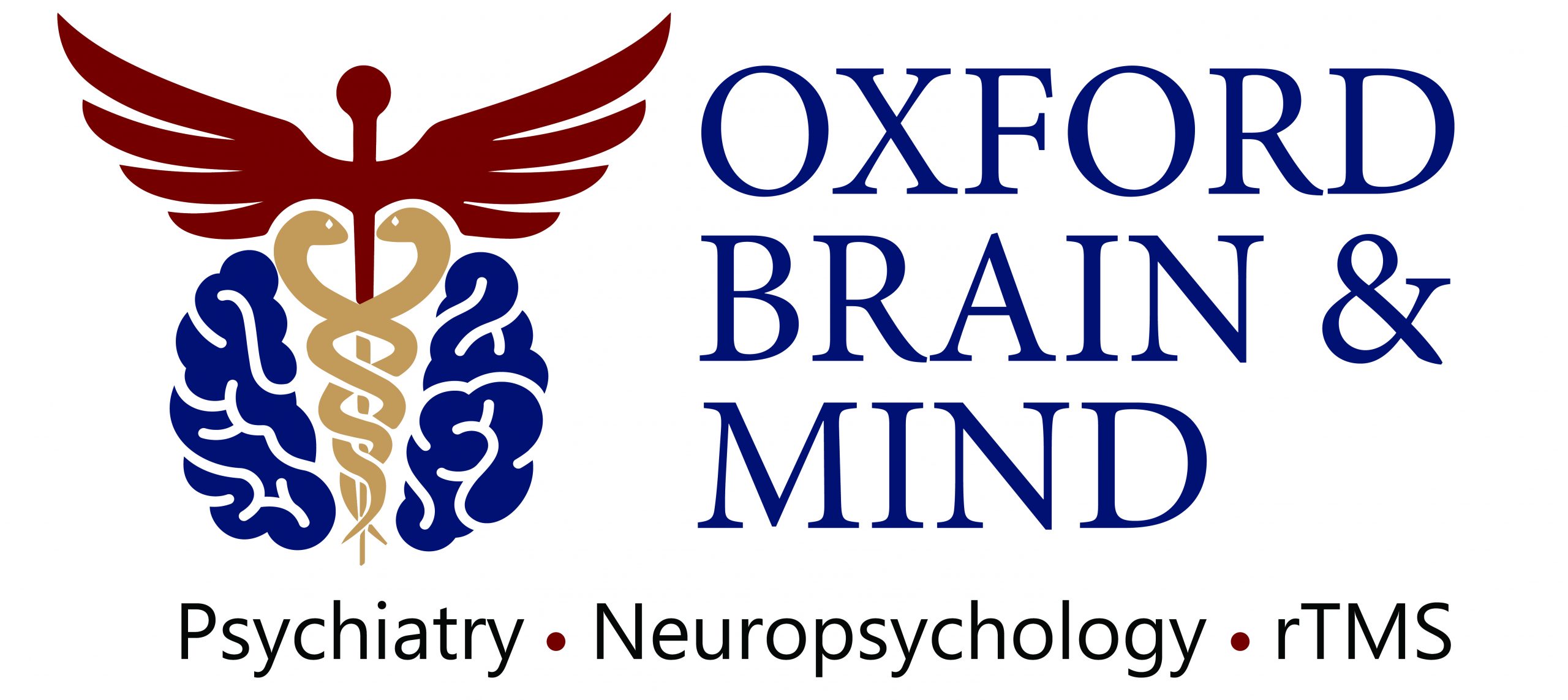

Giving birth to a baby is a significant life event that brings joy and happiness in a new mother’s life. However, some mothers (and some fathers too) may experience mood changes following the birth of their child. Postnatal depression is defined as a period of two weeks or more of low mood and associated symptoms of depression that presents anytime in the 12 months after delivery. Around 10-15% women can experience postnatal depression in this period. Postnatal depression has a negative effect on women’s physical and mental health, mother’s ability to look after their newborn, bonding with the baby and couple/family functioning. It also adversely affects the newborn’s cognitive, emotional and behavioural development. These effects can potentially last into a child’s adolescence period. There are several factors that can contribute to a mother developing postnatal depression. Biological factors such as reproductive hormones and stress hormones rising dramatically before delivery and then dropping suddenly after delivery can contribute to mood changes. There can be psychological factors as well such as abandonment from father, financial strain, lack of social support, low self esteem etc. that contribute to development of postnatal depression. It is important to recognise and treat postnatal depression quickly to avoid longer term impact on mother and child (see Yim et al., for a review).
Several treatments for postnatal depression are effective, such as electroconvulsive therapy (ECT), medication and psychotherapy. ECT is an effective and fast treatment, but involves use of anesthesia and may cause disorientation or memory impairment for a short period. Psychotherapy is also acceptable and effective in treating postnatal depression. However, it may not be readily available, quick acting or effective for all individuals. Medication based treatments are also satisfactory. However, doctors resist prescribing them when women are breastfeeding or they prescribe at low doses, which may not be effective. Often, breastfeeding women are less likely to take medication to treat depression.
In this context, rTMS, which is a non-invasive, non pharmacological, safe and effective treatment for depression, can be an alternative treatment approach to treat postnatal depression. The advantages of rTMS are that it is quick acting, does not have side effects like that of medication and does not require anesthesia. rTMS can be used as a standalone treatment or as treatment to increase the effects of medications. A systematic review by Ganho-Avila et al. (2019, Psychiatry Research) showed promising results of rTMS treatment in postnatal depression with significant decrease in depression at week 4. In another systematic review of rTMS in peripartum depression (depression occurring within the gestational period and 4 weeks after childbirth) 66% of the patients showed a response (50% or more reduction in depression score) and 37% showed depression remission (Lee, Kim & Kown, 2021, BMC Pregnancy and Childbirth https://bmcpregnancychildbirth.biomedcentral.com/articles/10.1186/s12884-021-03600-3) . Overall, studies suggest that rTMS is a safe and effective treatment for postnatal depression and it should be considered as an option along with other existing treatments.
References:
Ganho-Avila, A., Poleszczyk, A., Mohamed, M. M. A., & Osorio, A. (2019). Efficacy of rTMS in deceasing postnatal depression symptoms: A systematic review. Psychiatry Research, 279, 315-322. 10.1016/j.psychres.2019.05.042
Lee, H.J., Kim, S.M., & Kown, J.Y. (2021). Repetitive transcranial magnetic stimulation treatment for peripartum depression: systematic review and meta-analysis. BMC Pregnancy and Childbirth. https://doi.org/10.1186/s12884-021-03600-3
Yim et al., (2015). Biological and Psychosocial Predictors of Postpartum Depression: Systematic Review and Call for Integration. Annual Review of Clinical Psychology, 11, 99-137. 10.1146/annurev-clinpsy-101414-020426
